Reporter: Monsanto is among the top chemical companies being sued by Vietnam Association for Victims of Agent Orange. Could you please elaborate more about the case?
Mr. Pham Truong: The lawsuit initiated by VAVA for the benefits of victims of AO in Vietnam. The file was sent to the Brooklyn Court, New York on the 30th January 2004 against 37 chemical companies demanding that these companies compensate for the victims of AO because they had produced and provided chemical substances for the US military use in the Vietnam War which exposed 4.8 million Vietnamese people to toxic chemicals. More than 3 million of those have died of the exposure or suffered from dangerous diseases or deformities.
The case has gone through three levels of the U.S court, including: lower court, appeal court and supreme court. On 2 February 2009, the U.S Supreme Court denied the suit, reasoning that: first, the chemical used by the U.S military in the Vietnam War is a “herbicide” which is harmless to people’s health; second, the chemical companies producing the herbicide for the U.S military just followed the order of the U.S government, the court has no right to judge the governmental decisions relating to military and diplomatic issues. Because the file was not accepted, the first case ended. Although the case didn’t bring expected result, it has drawn much attention of domestic and international communities. Several organizations and noble men have voiced their support for AO victims in Vietnam. Mr. Len Aldis, Secretary of the Britain-Vietnam Friendship Society (BVFS), founded a website collecting people’s signature calling for justice. On 15 and 16, May 2009, the International Association of Democratic Lawyers (IADL) convened the International Tribunal of Conscience in support of Vietnamese victims of AO to judge 37 American chemical companies. The tribunal ruled that “the United States Government and the Chemical companies which manufactured and supplied Agent Orange must fully compensate the victims of Agent Orange and their families. The U.S. Government and the Chemical companies must also repair the environment to remove the contamination of Dioxin from the soil and the waters, and especially from the “Hot Spots” around former U.S. military bases”.
It is said that Ms. Tran To Nga, a Vietnamese French has filed a lawsuit against American chemical companies which produced AO used in Vietnam War, including Monsanto?
Ms. Tran To Nga (born in 1942 in the South) evacuated to the North with her family. In 1966, after graduating her university, she returned to the South and worked as a war correspondent for the Liberation News Agency in the war-torn areas of Tay Ninh, Binh Duong, etc. During this time, she exposed to AO sprayed by the U.S military. Due to this, she suffered several diseases, including her breast cancer for which she just had an operation recently. Her first daughter died when she was just 17 months old because of an inborn heart defect. Her second daughter also suffered from Alpha Thalassemia.
On 14 May 2014, her complaint, being co-named by Lawyer William Bourdon, was sent to the High Court of Evry (Paris, France) and 26 U.S chemical companies. On 16 April 2015, the High Court of Evry convened the first session. 19 of the 26 companies had lawyers. Up to now, 9 sessions have been convened but failed because the lawyers tried to delay the court. The High Court of Every has urged both sides to complete their legal procedure to enter the trial phase.
The case of Ms Tran To Nga is a personal one in which a French citizen exposed to AO during the time she worked in Vietnam. It was judged by the French court and had nothing to do with the U.S law. U.S lawyers were not allowed to justify for U.S companies in the first phase (procedure sessions) but the French ones.
Nga’s case has a precedent in France. That was the case of Paul Francois, a 51-year-old famer living in Lyon. In 2004, while using Lasso herbicide produced by Monsanto, Francois accidentally inhaled the toxic gas emitted from the container and was immediately unconscious. Later he often suffered from cough, trauma, and went to hospital 5 times and stayed off work 9 months. His working ability decreased by 40%. In 2007, he filed a lawsuit against Monsanto. 5 years later, on 13 February 2012, the Lower Court of Lyon concluded that Monsanto was accountable for Francois’ toxicity and had to compensate for his loss. Monsanto brought the case to the court of appeal and on 10 September 2015, the appeal court preserved the judgement of the lower court.
Reporter: How do you think of the fact that San Francisco court demanded Monsanto to compensate?
Mr. Pham Truong: In fact, there have been around 4,000 people in the U.S suing Monsanto for similar charge to Dewayne Johnson’s case. However, this is the first time U.S court has made a verdict. This verdict has shown their admission of the harmful effect of herbicide and affirmed that Monsanto has to be responsible for their harmful product to human.
So, this will be a case law. The verdict of San Francisco court has refuted the previous judgement of the U.S Supreme Court holding that the “herbicide” that Monsanto and other U.S chemical companies provided for the U.S military in Vietnam War was harmless to people. Therefore, Monsanto and the related chemical companies have to take responsibility for the disaster caused by the toxic chemicals to the environment and people in Vietnam.
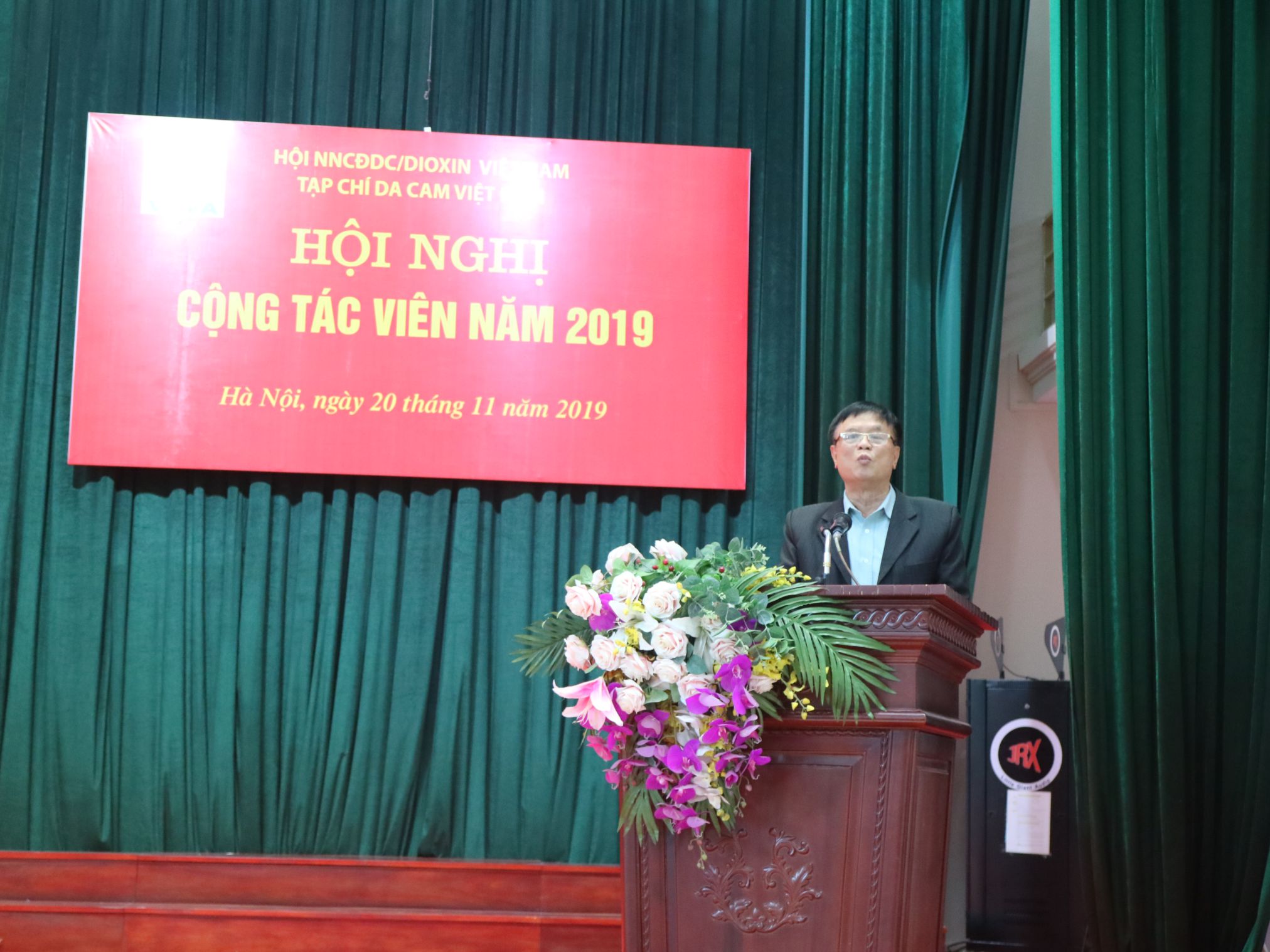 |
Mr. Pham Truong:
Reporter: What does VAVA plan to do to pursue the lawsuit against the U.S chemical companies for their production of AO used in Vietnam War?
Mr. Pham Truong: Since the first one to date, VAVA has been still preparing for another lawsuit against the U.S chemical companies. We employ different methods of struggle at the same time, such as: seeking the support of American citizens and international communities for Vietnamese AO victims; demanding for the U.S responsibility and participation in alleviating the consequences of AO legacy caused by U.S military in Vietnam War; persuading U.S Congressmen to compile and propose to the U.S Congress new bills demanding the U.S government to detoxify and provide assistance for Vietnamese AO victims, etc. To date, US Congressmen has proposed 4 bills relating to the issue.
According to Mr. Pham Truong, the herbicide containing glyphosate that Dewayne Johnson used is a normal one while the herbicide produced by Monsanto for U.S military use in Vietnam War was a mixture of two toxics, namely 2.4D and 2.4.5T. Moreover, to facilitate their production, the manufacturer increased temperature making dioxin concentration in this herbicide soar, thereby multiplying the toxicity of AO as compared to normal one.







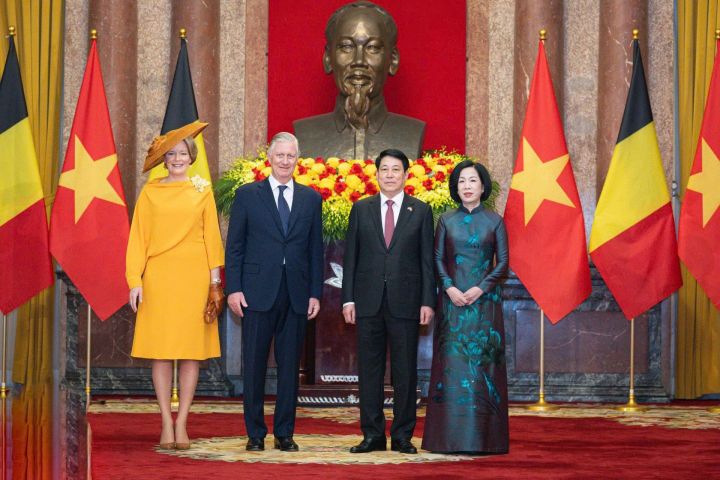
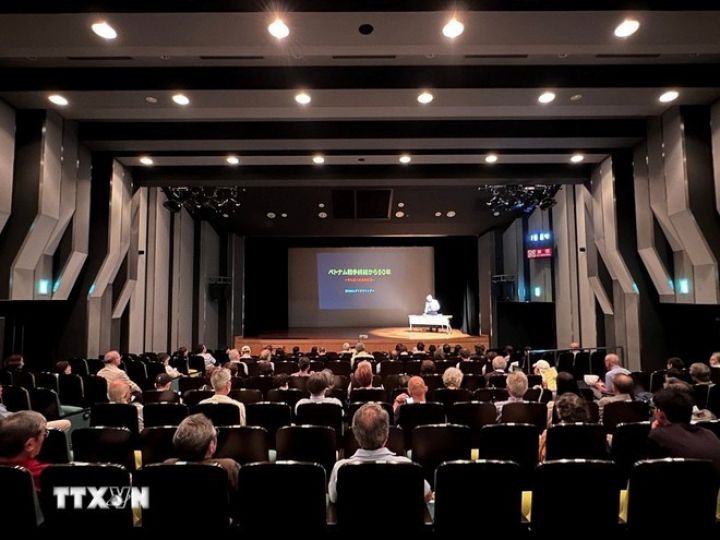

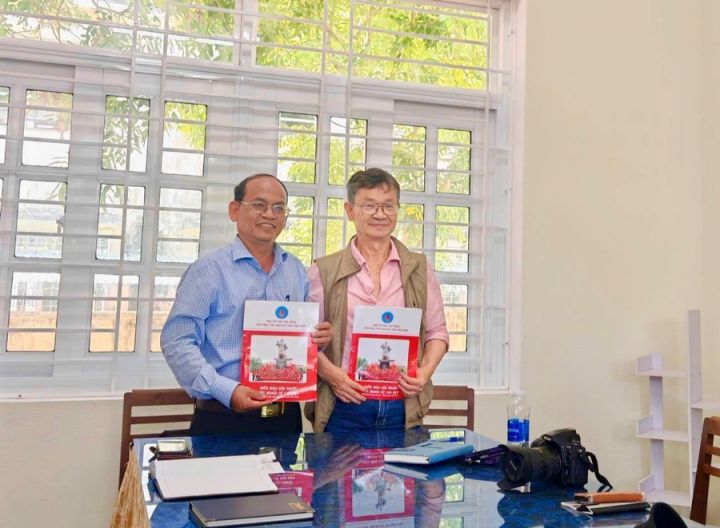
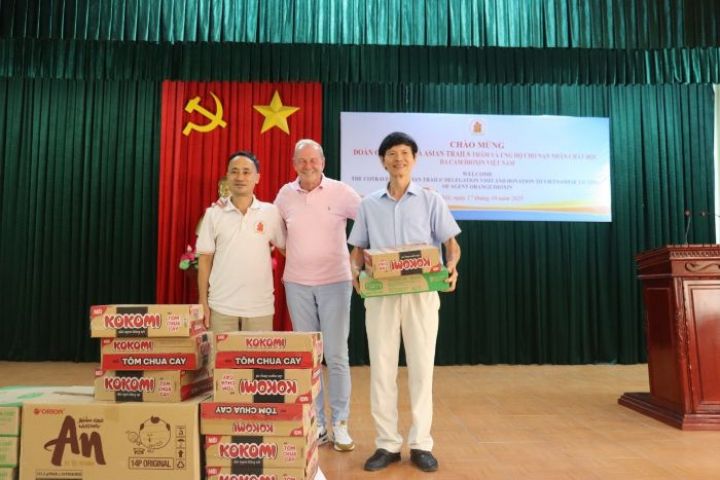
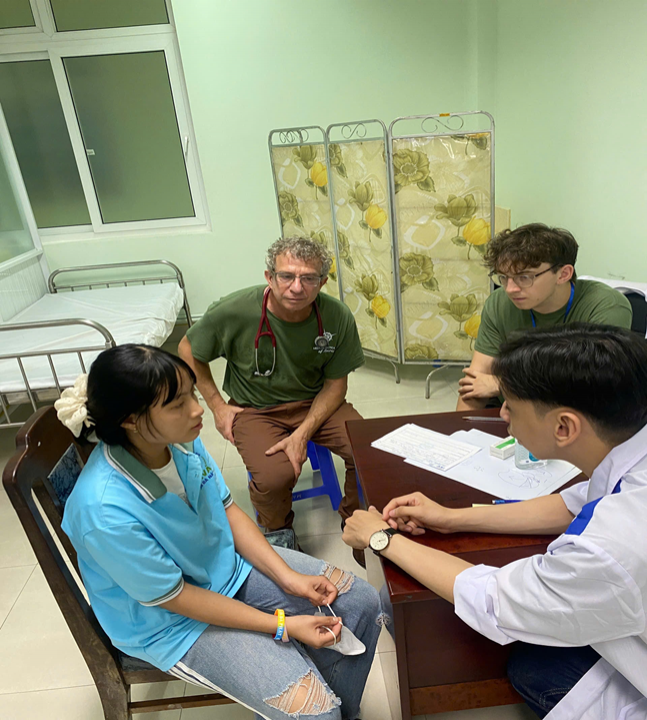










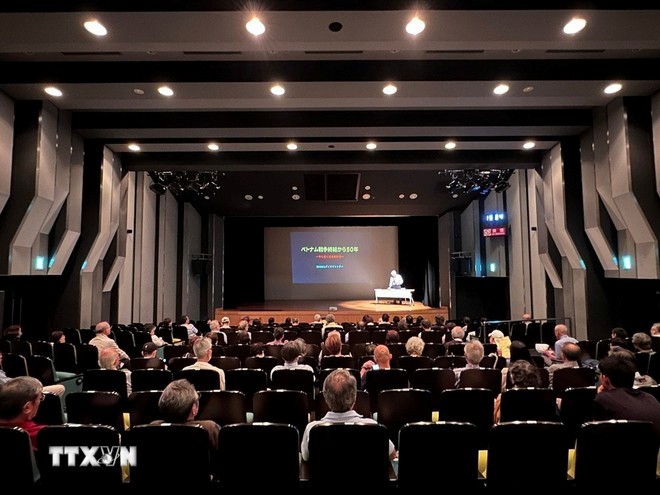
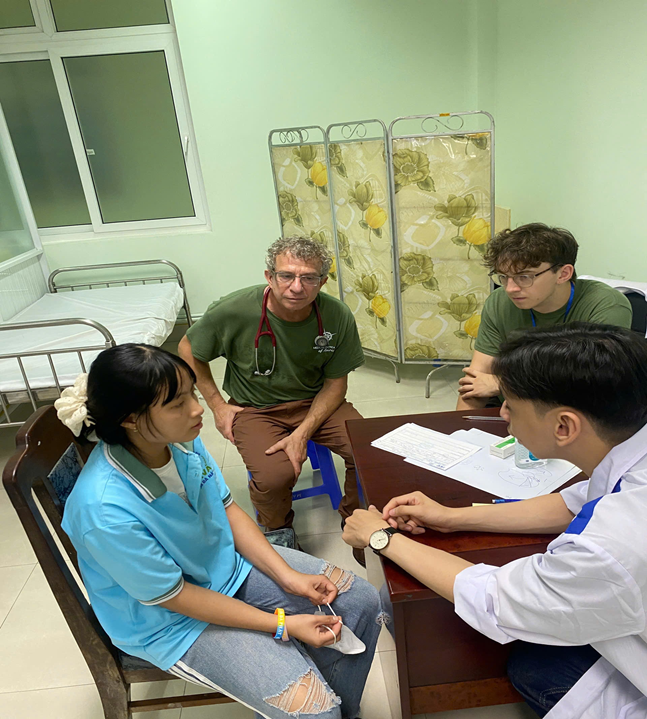
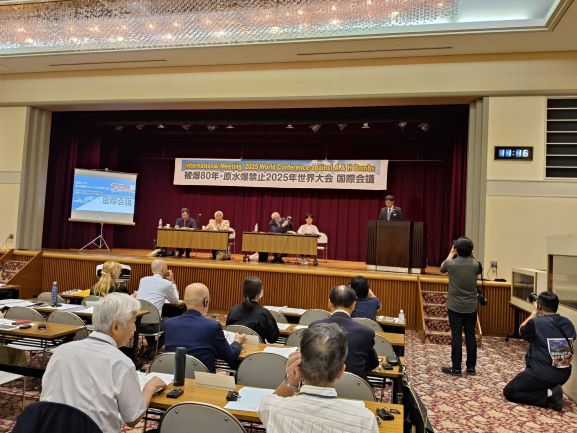
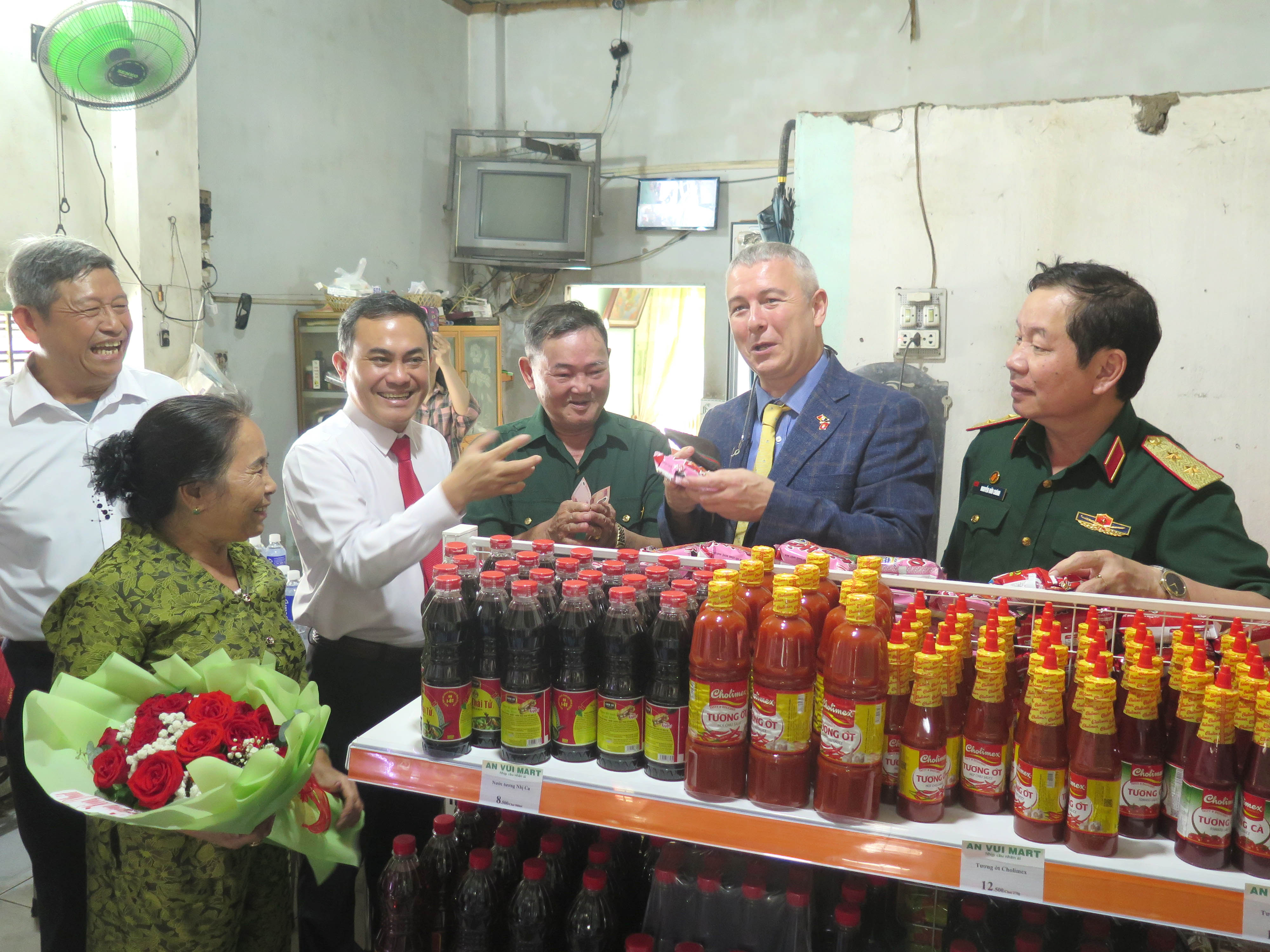
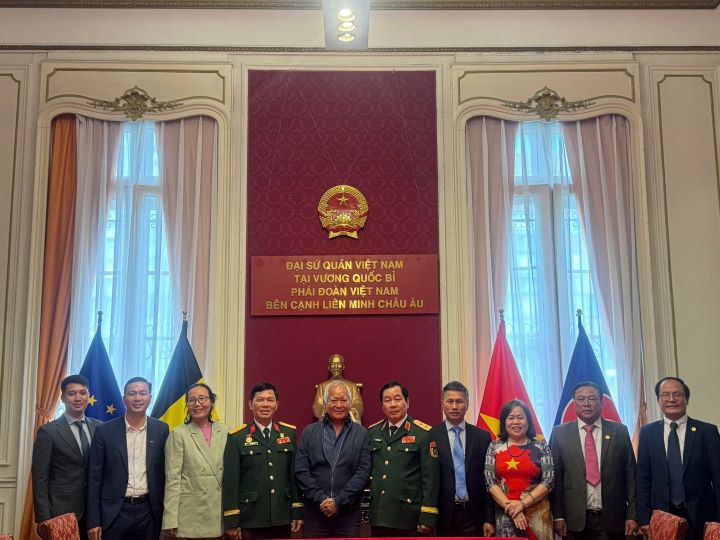
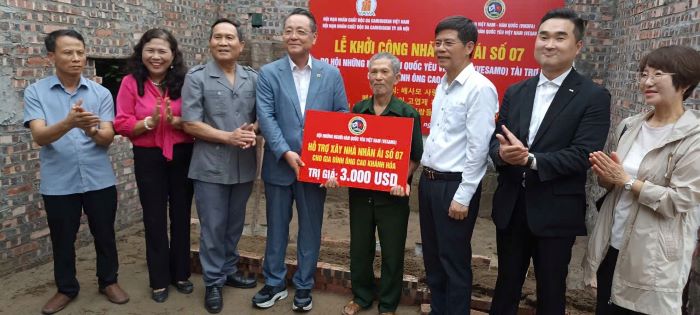


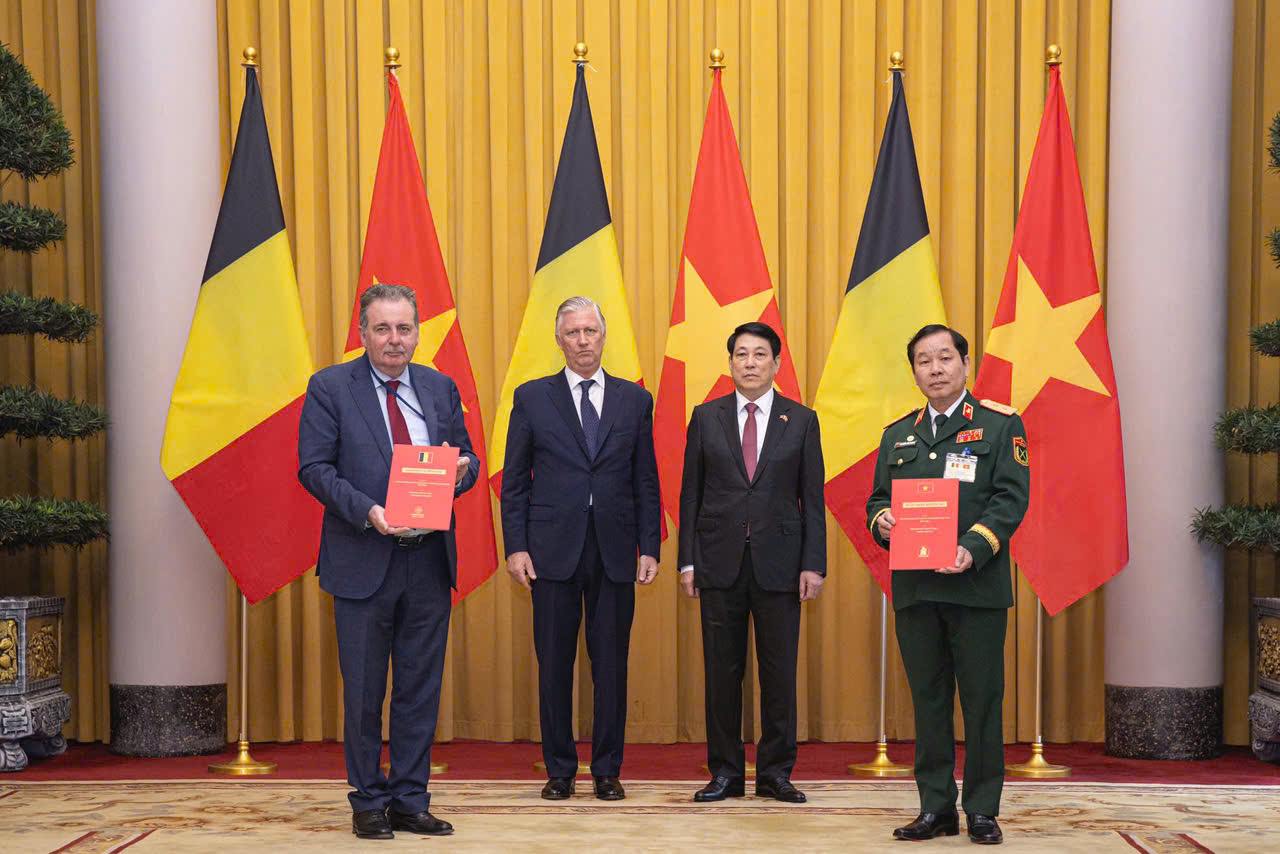

Comment